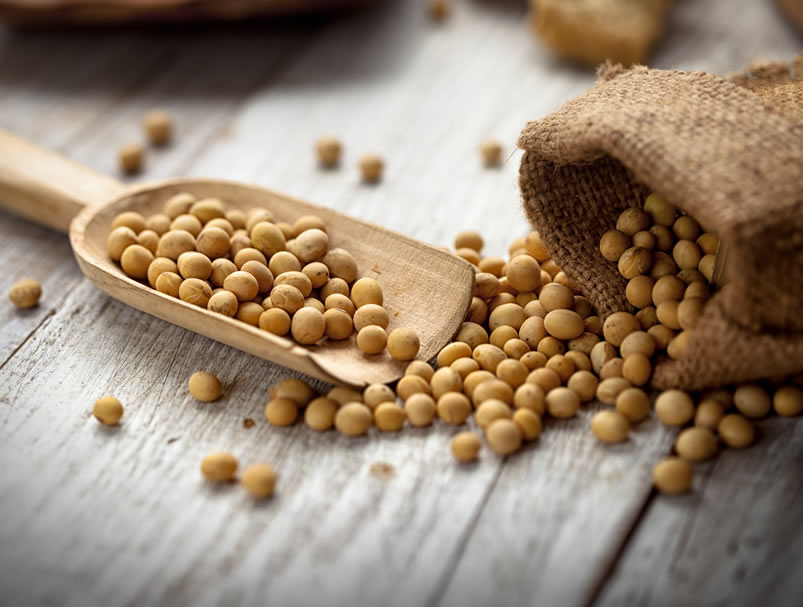Many applications for soy protein involve the combination with cereal grains.
These grains, such as maize, are low in the amino acid lysine but are rich in the sulphur-containing amino acids. This fits nicely with soy protein which is high in lysine but low in the sulphur-containing amino acids. The resulting protein quality if properly blended will be superior to either vegetable protein. This is of particular interest in the South African situation where maize forms the staple diet.
Education is the most important ingredient for true growth and maturity of young people in the developing world. Experience has taught us that protein in the diet is of great importance in relation to effective brain development, improved learning and is a simple and cost effective way to help children. For an effective school feeding program, it makes sense to combine high protein soya meals with maize.



